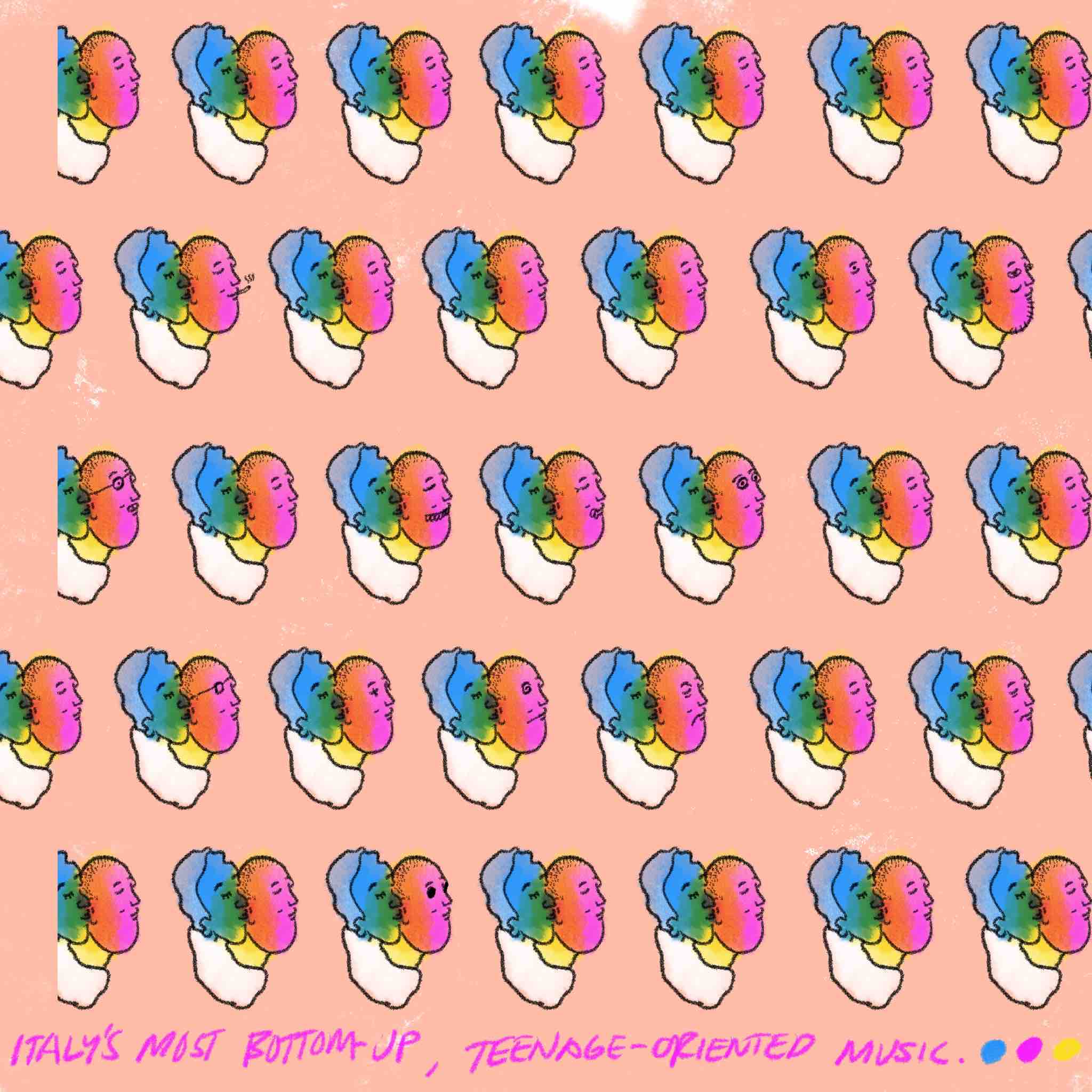Most lives in the Western World are imbued with social media ennui (Stephen 2018), fed with fake news, and intoxicated on highly divisive political discourse, both off- and online (Silverman et al. 2017). In such a complex digital environment, what is a house music track that incorporates the voice of Congresswoman Alexandria Ocasio-Cortez trying to achieve? In this article, music scholar and producer Francesco Fusaro discusses one of his sample-based tracks. As he argues, it is through the voice that dance music has proven a fertile territory for the expression of the political and social concerns that underpinned its history from the very beginning.
Usually, house and techno are seen as instrumental-dominated music genres. This is a feature that – together with their indifference for traditional pop structures – is often associated with their international success. And yet, this is only a part of the(ir) story. Indeed, in his short essay «La dance music vous parle» (Leloup 2017), French electronic music journalist and sound artist Jean-Yves Leloup suggests that house and techno have revealed themselves as deeply vocal music genres. But even when pillaging the rhythmic phrases of rap, the vocal embellishments of soul and disco music, or the traditional verse-chorus structure of pop, house and techno have managed to find their own modes of expressions that set them apart from their music predecessors (ibid.).
There is indeed a mode of expression within this constellation we call dance or club music that seems quite specific to the macro-genre: the spoken word. As Leloup rightly asserts, vocal dance music finds a peculiar way to distinguish itself from the music genres from which it borrows: its voices wrap themselves in the impassioned speech, the sermon, the mantra, the stream of consciousness, and the interior monologue, which are often not found in other genres of popular music (ibid., 29).
Bringing Politics Back to the Fore
Let me just zoom in on the aforementioned speech form, quite an ample territory where storytelling and autobiography coexist. Leloup finds that house music’s speeches are often self-referential: they refer to the dance, the rhythm, the rapture induced by the music and the use of drugs, and sometimes their own history (ibid., 58). Although we cannot argue much against its hedonistic and ephemeral component (Reynolds 2013, 673–74), it seems that Leloup is ready to discount dance music’s very past here. I would point him to a recent article published on Mixmag by Patrick Hinton:
Vocal samples like «house is a feeling» may have become played out to the point of no return, but that doesn’t change the fact that this is the language of resistance, capturing the raw spirit of The Warehouse, the queer Chicago nightclub and refuge for oppressed minorities to safely express themselves that birthed the genre. (Hinton 2017)
It is with this starting point in mind that I decided to bring politics back to the fore in a recent house music track I produced, which features U.S. Congresswoman Alexandria Ocasio-Cortez’s rebuke of Donald Trump’s dismissive comment on her being a «young bartender» (Forrest 2019). A prominent figure amongst the Democrats and the youngest woman to ever be elected to Congress, she has quickly become famous for her rhetorical style (Gallucci 2019).
Sampling AOC
My music has been strongly influenced by the use of samples and, as many other fellow bedroom producers, my ears are often looking for interesting sound sources to manipulate. As my girlfriend was sitting in our previous, crammed shared accommodation in the suburbs of South London, and listening on repeat to that powerful speech by AOC (as she is often presented in the media), I thought it deserved a contour to frame it musically. Initially, her strong New York City twang inspired me to try to go down the hip hop alley, but as I listened to it over and over again, it occurred to me that house music would be my best sonical bet here.
Firing up my DAW and placing the tempo at the house music standard of 120 BPM (beats per minute), I realized that my intuition was right: the main part of the speech I sampled is thirty seconds long, making it perfect to sit in the «breakdown» of my composition (the drumless part of a club music track that is often used to prepare the listener for its subsequent, most energetic portion), with no further edit required.
«I’m proud to be a bartender, ain’t nothing wrong with that» says AOC in the first part of her speech, as she is met with cheering voices and other signs of approval in the audience (Russo 2019) that make the scene sound like a North American Sunday Service, another trope of house music spoken word. As Leloup reminds us, the tradition of the religious sermon or preach had quite an influence on the young generation of music producers that emerged in Chicago and Detroit at the end of the 1980s (see also this article of Norient’s «Sampling Politics» special). Channeled through his voice, the authoritative energy that emanates from the reverend can bring the community of devotees together: mutatis mutandis, it’s easy to see a similar dynamic at play between the DJ and the audience (Leloup 2017, 47).
In the Beginning, There Was… Politics
Leloup cannot but start his survey with the original house music sermon, that of Chuck Roberts on the seminal (and programmatically titled) 12” «My House» by Rhythm Controll [sic], released in 1987 on the ephemeral Chicago-based Catch A Beat record label. The egalitarian, albeit slightly tongue-in-cheek, quasi-religious speech by Roberts should remind us of the political connotation that can permeate the dance music discourse (ibid., 45–47):
In the beginning, there was Jack, and Jack had a groove.
And from this groove came the groove of all grooves.
And while one day viciously throwing down on his box, Jack boldly declared, «Let there be House!» and house music was born.
[...]
Jack is the one that can bring nations and nations of all Jackers together under one house.
You may be black, you may be white; you may be Jew or Gentile. It don’t make a difference in our house.
And this is fresh!
The spirit of this speech is not dissimilar to that of Alexandria Ocasio-Cortez’s rebuke: «There is nothing wrong with being a working person in the United States of America, and there is everything dignified about it» (Russo 2019). If the house that Jack built would not let anyone at its door on ethnicity premises, could it do it on the basis of someone’s working conditions? AOC continues: «I in fact am encouraged when people remind the country of my past, not because of anything about my story, but because it communicates that if I could work in a restaurant and become a member of the United States Congress, so can you» (ibid.).
Together Under One House
This is how AOC goes on with her rebuke in that part of her speech that constitutes the second, shorter breakdown of my own house music track. Again, this brings me back to Chuck Robert’s sermon: «And, you see, no one man owns house because house music is a universal language, spoken and understood by all.» The House here could well be that of Congress, and its music the political discourse that is much more a universal language than the divisive, populist rhetoric that has infiltrated the recent history of politics in the Western world.
As Patrick Hinton reminds us, club culture «rose out of overtly political situations, with protest and the value of freedom in its DNA» (Hinton 2017). Add a C and an E to it, and DNA would become that very political thing that DANCE is (see also Heath 2019). Jack knew it, as he brought down borders and walls to welcome all Jackers together under one house. And we should never forget it, because ain’t nothing wrong with that!


